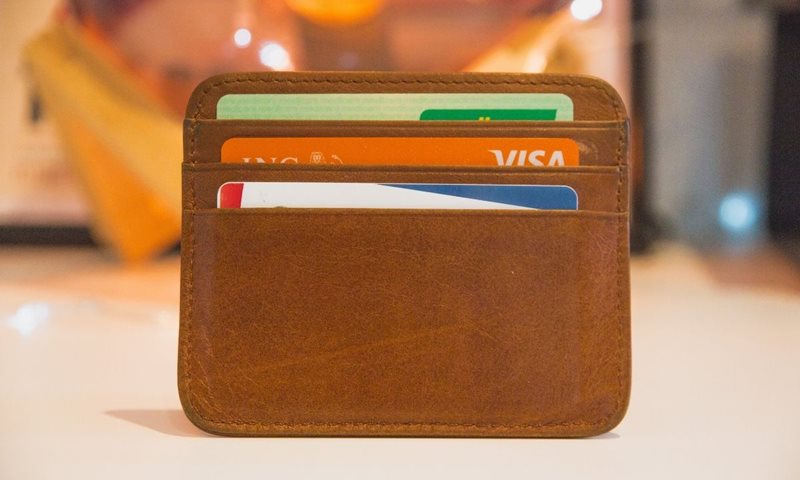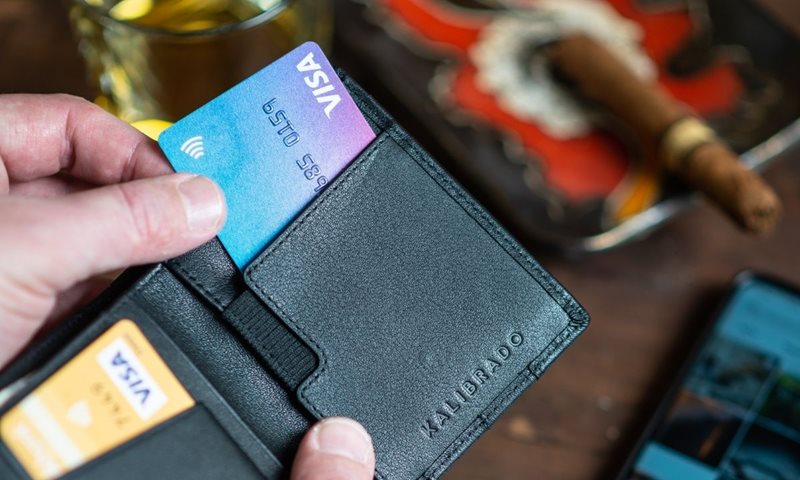You work hard for your money. So, it makes good sense (and cents!) to make your money work harder for you.
If you’re savvy, you can leverage your buying power in some interesting ways that stretch your funds even further. Credit cards can help, if used properly.
Get charged up with these credit cards tips and tricks that will guide you to getting more from every dollar spent.

9 Credit Card Hacks that Work
Want to be a master of that Mastercard or virtuoso of that Visa? It’s a lot easier to be a charge card champ if you use your credit cards responsibly and employ any (or all) of the hacks below.
Credit Card Tips Worth their Weight in Gold or Platinum
From credit card hacks to increase your credit score to pointers you’ll profit from — you can mix and match these techniques for a strategy that’s perfectly suited to your needs.
- Get cards that give back. Why settle for cards that offer you nothing in return? There are cards that offer all kinds of rewards: points you can redeem for goods and services, cash back, donations to charitable causes, etc. A lot of credit cards offer perks like rental car insurance, ticket concierge, lounge access at airports, and exclusive discounts for everything from restaurant meals to live shows.
- Milk your rewards program for all they’re worth. Not all incentive plans are equal and they can change over time — so you have to stay on top of them. Card issuers frequently offer limited-time promotions you can opt into to double or triple your rewards accrual (e.g., for the month of May, earn 2x the points on hotel bookings). They may also have specials during which rewards redemption goes further (e.g., instead of that cookware costing 10K points, it only takes 7K points to claim them). So, your goal is to use your cards and rewards optimally by opting in to and planning purchases to coincide with promos and specials..
- Find your fit. Lots of cards have rewards programs and unique sets of terms, but it only makes sense to choose a card that offers benefits and conditions that appeal to you and your lifestyle. For example, if you’re a veritable globetrotter, getting a credit card designed for travelers may be better for you than a card that prioritizes home reno projects. A card suited to wanderers can help pay for travel, give certain protections when traveling abroad, forgo foreign transaction fees, and more — all good stuff for those with itchy feet!
- Rightsize your credit card to you. Don’t have a huge limit if you don’t need to. It’s recommended that you aim to only spend about 30% of your available credit. This will help keep your credit utilization low, which is a good thing. And, pay off your balance each month (on time) to help establish a solid credit record and to use your card in the most economical (read: least costly) way possible.
- Bill pay like a pro. Often, you can pay bills with your credit card. This may be done directly or indirectly with a digital wallet (e.g., Apple Pay, Google Pay, or Samsung Pay) or online payment service (like PayPal, CashApp, or Venmo). The key here is to make sure that you have the money to pay off the credit card in a timely manner and to make sure that the rewards you’re getting for using the card outweigh the costs. Here’s an example to consider. Let’s say Jane has to pay a $1,000 bill and her credit card offers 2.5% cash back. The payment processor charges 2% of the transaction as its fee, aka $20. So, Jane would spend $1,020 and then get $25.50 (i.e., $1,020 x 2.5%) back in rewards from her credit card — she’s just made $5.50 profit from using her card to pay that bill! Assuming she zeros out her credit card balance before finance charges are levied, she’s in better financial shape for having used her credit card to pay her bill. It’s like her bill was only $994.50 instead of $1,000.
- Negotiate better terms. There are tons of different credit cards available on the market — it can get pretty competitive for card issuers. This could put you in a position of leverage, especially if you have a strong credit history. You may be able to get better interest rates, improved incentives (like 100K points for signing up instead of just 50K points), fee waivers, and so on. You can also ask for your billing cycle to be changed to more convenient dates (e.g., so your payment is due on the first of every month instead of some random day mid-month).
- Loop lenders in to life changes. If you experience some sort of major life event — an unexpected health crisis, job loss, death in the family, natural disaster — let your lenders know ASAP. Chances are they may be able to accommodate your situation by allowing you to skip a payment, creating an extended payment plan, waiving fees and penalties, etc.
- Keep a list of your credit cards. You’ll need to keep this in a safe and secure place so others can’t get a hold of it — a locked file on your password protected phone or a hardcopy in a safe deposit box could work. Your list should include the card name, issuer’s name and phone numbers, and last four digits of your account numbers. The point of this document is for you to have an easy reference in case your physical credit cards get lost, stolen, or damaged. This cheat sheet will bring the chaos level down several notches because you’ll be able to quickly contact the credit card companies to cancel the old cards and get new ones.
- Do your part to prevent fraud. Here are some of our favorite methods for doing this: Use RFID-blocking wallets or card sleeves. Have a single, dedicated card for online purchases. Minimize the number of places your credit card info is stored (like third-party systems for shops, insurance companies, payment processors, etc.). Set up purchase alerts. Inform your credit card company in advance if you’ll be traveling or making any big purchases. Check your credit report periodically to make sure there aren’t mistakes or signs of fraudulent use.

Credit Card Caveat Emptor
As a credit union, we’re literally and figuratively invested in our community. While these credit card tips and tricks offer ways to max out the benefit of your plastic, they should only be used if they’re appropriate for your personal situation.
No amount of bells and whistles or points and paybacks are worth it if you can’t square your credit card bill when it comes due. In a nutshell: Try not to overextend yourself financially. (You don’t want the kind of results that can bring.)

The Ultimate Credit Card Hack — Working with Valley Credit Union
This is a bonus hack — reserved expressly for our members. When you get your credit card through VCU, you get all sorts of favorable conditions and perks. Here are just some that stand out:
- 0% interest for 6 months
- Great interest rates
- No balance transfer fees
- No annual fees
- No processing fees
- Low minimum payments
- No cash advance fees
- Flexible choose-your-own-rewards program
- Exceptional tools to manage and protect your cards and data
- Compatibility with popular mobile wallet apps
- Free credit monitoring via online banking using Credit Sense by Savvy Money
Exceptional credit cards are just one way Valley Credit Union can help you. We also have a full range of other products, services, and support to balance out your banking portfolio.
If you’re ready to explore your VCU credit card options, our caring and knowledgeable team is here to assist you. Contact us today.
About the Author

 Justin Roberts, Vice President of Lending
Justin Roberts, Vice President of Lending
Justin Roberts is our Vice President of Lending and has been in the financial industry for over 18 years. He is an Oregon State University Graduate and has just completed Western CUNA Management School. When he is not focused on helping the members at Valley, you will find him coaching his two sons and volunteering his time to help develop the youth in our communities through sports.